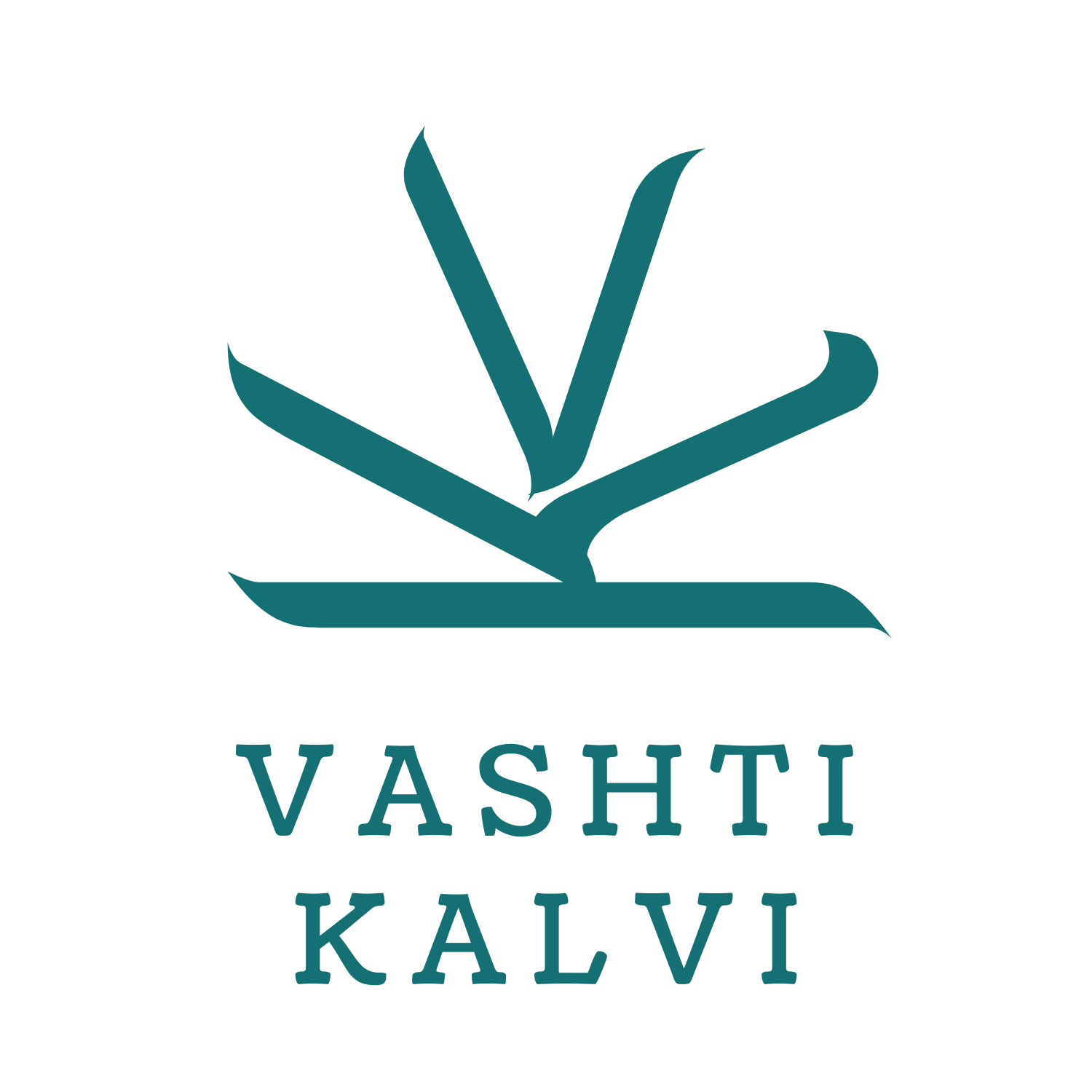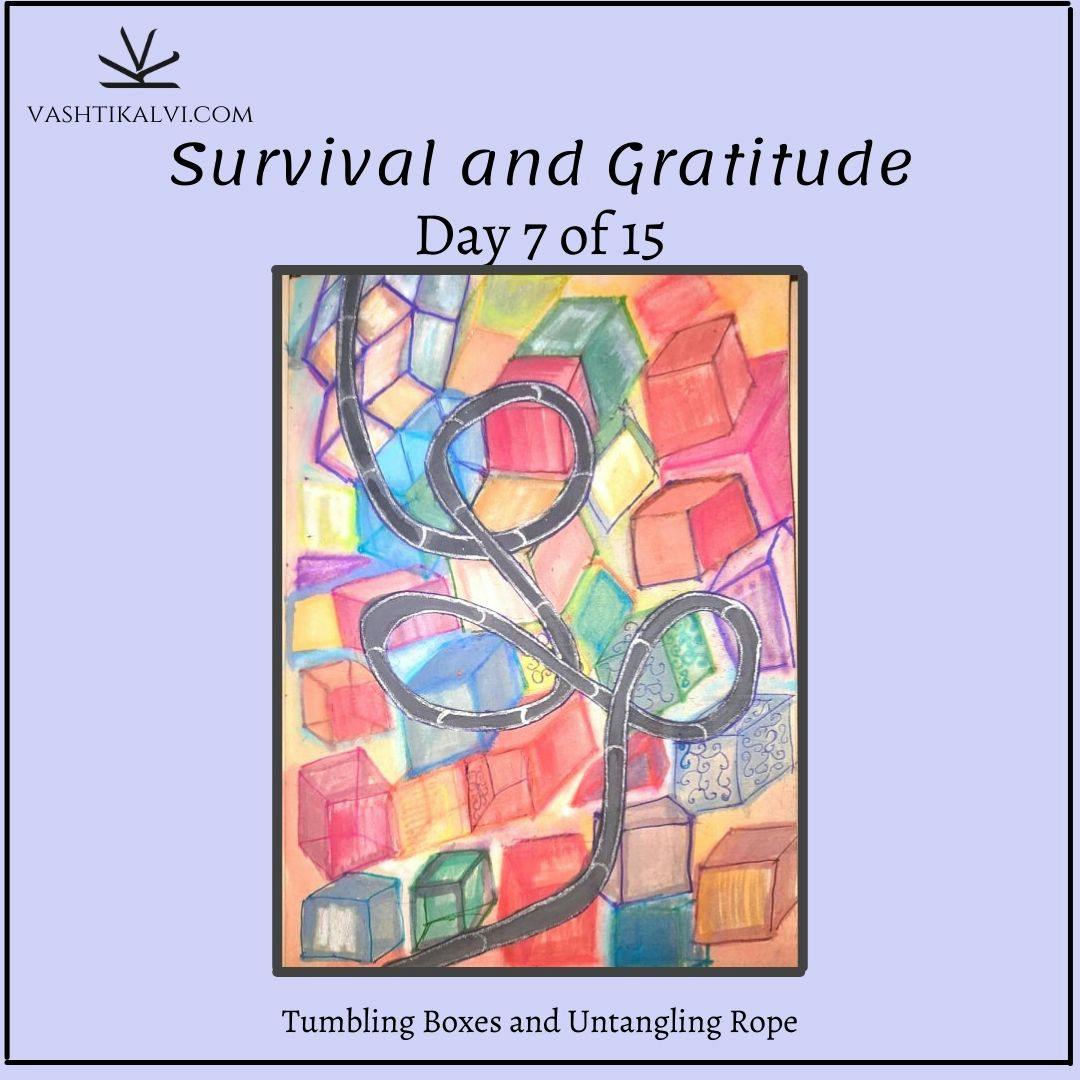When I moved to Chennai last year, I told everyone it was my first time being in India as an adult, which wasn’t technically true. I turned 18 before I left, and of course there was the whole year and then some, when I was in the country, having cancer, and chemo, and recovering from chemo. I was 23 when I was first diagnosed. People seemed especially hung up on that detail, that I was Only 23.
I’m not sure what that’s about. There’s a general sense of cancer being an older person’s disease, it seems. But also, there's this bizarre sense that if you’re older, it’s less tragic for you to have cancer. Even so, the “only 23” felt personally accusatory. I’d been stewing in failure for what had felt like months, and it felt like cancer had come up right when I’d run out of all other prospects.
The pity that came with someone connecting my age with the cancer diagnosis stung. All the potential that they thought cancer was taking away from me, I felt like I had wasted already, all on my own. I hadn’t got my act together soon enough about grad school, or other jobs. I was in a relationship, and I had been messing it up atrociously.
There’s an entitlement that people feel about your body and health when you're hospitalized or visibly unwell. Family members went and bothered the doctors about what my diagnosis was before I had been able to speak to them. People stared at me, in my tiny dresses and bald head, and didn’t feel the need to look away when I made eye contact. When lesions developed on my scalp, no one hesitated to push my head in any direction to see how many more lesions there were.
I couldn’t blame them, especially when they were caring for me. And I didn’t have the energy to be angry. And so I sulked. I don’t blame myself for having been resentful. I pride myself on my independence, and I’m not great about distinguishing support from intrusion. Nothing I could do for myself felt like it was worth anything, and it burned to be so perpetually aware of how quickly I would die in pain and misery if I didn’t have people caring for me like I was a toddler. Except toddler’s have more resilience, typically, and are less exhausted.
At the same time, my body was deteriorating. I knew I was technically getting better, but even then I could feel my body changing in ways that weren’t going to fix themselves when chemo ended. After having lived in Minnesota for 5 years, I get chilly in Chennai if the fan is on too fast at night. If it’s quiet enough to hear me type, for instance, you’ll be able to hear my bones creak when I stand up or sit down.
Today, I’m grateful for aging. For as long as I remember, people have assumed I’m at least a couple of years older than I am. It has been fascinating to see how people have shifted from acting like I ought to be flattered, to being apologetic about the overestimation When I was younger, it felt like a compliment- being seen as older meant being smarter, presumably. Around chemo, it began to sting, especially because my age was such a factor in people’s responses to the cancer. I felt like a child, and knew I was behaving like a bratty one.
At this point, when people guess that I’m a good deal older than I am, it feels like validation. I know the toll that chemo and the surgeries took on my body, and it’s comforting to have that reflected back to me. Maturity and wisdom aside, I’m grateful for the ways that my body, broken and prematurely aged as it feels, have changed my lifestyle. I value the small moments of strength I accidentally stumble across, and I’m a lot more considerate of my body. I’m better at slowing down, and budgeting my energy conservatively. I’ve learned to lean heavily into enjoying things that don’t stretch me, and to rethink what fun looks like and means. I’ve learnt to dress warm, and I’ve learned to be a lot more comfortable with asking for care, and receiving it.

